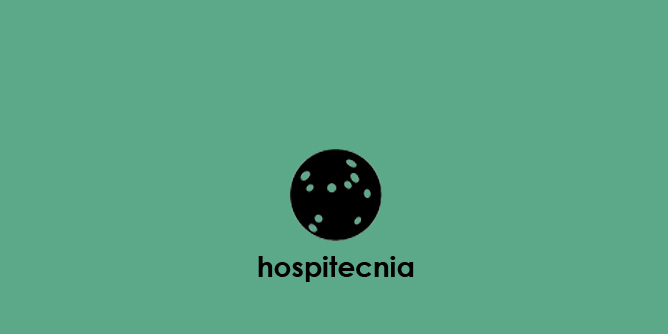Effects of preoperative warming on the incidence of wound infection after clean surgery: a randomised controlled trial
Lancet, 2001 Sep 15;358(9285):876-80Autores:
Melling AC, Ali B, Scott EM, Leaper DJ
Professorial Unit of Surgery, North Tees & Hartlepool NHS Trust, University Hospital of North Tees, TS19 8PE, Stockton-on-Tees, UK
Abstract:
BACKGROUND: Wound infection after clean surgery is an expensive and often underestimated cause of patient morbidity, and the benefits of using prophylactic antibiotics have not been proven. Warming patients during colorectal surgery has been shown to reduce infection rates. We aimed to assess whether warming patients before short duration, clean surgery would have the same effect.
METHODS: 421 patients having clean (breast, varicose vein, or hernia) surgery were randomly assigned to either a non-warmed (standard) group or one of two warmed groups (local and systemic). We applied warming for at least 30 min before surgery. Patients were followed up and masked outcome assessments made at 2 and 6 weeks.
FINDINGS: Analysis was done on an intention-to-treat basis. We identified 19 wound infections in 139 non-warmed patients (14%) but only 13 in 277 who received warming (5%; p=0.001). Wound scores were also significantly lower (p=0.007) in warmed patients. There was no significant difference in the development of haematomas or seromas after surgery but the non-warmed group were prescribed significantly more postoperative antibiotics (p=0.002).
INTERPRETATION: Warming patients before clean surgery seems to aid the prevention of postoperative wound infection. If applied according to the manufacturers guidelines these therapies have no known side-effects and might, with the support of further studies, provide an alternative to prophylactic antibiotics in this type of surgery.Melling, A.C. ... [et al.]
Para poder escribir un comentario debe iniciar sesión o darse de alta en el portal.



























































